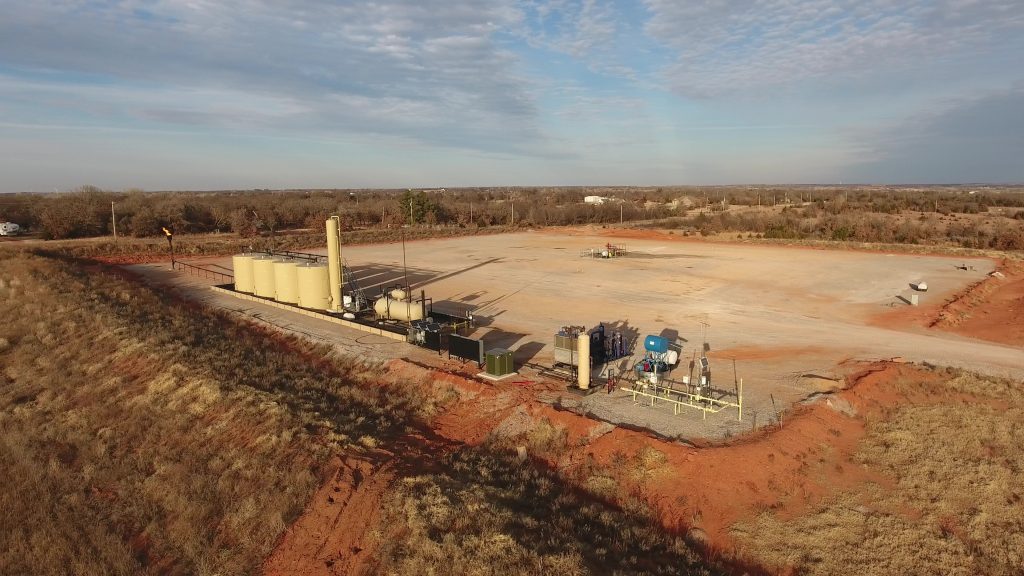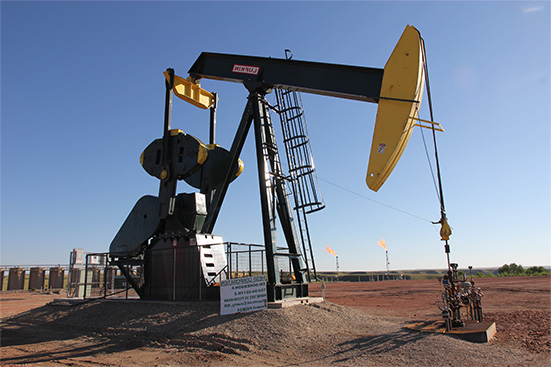
Texas, being abundant in natural resources such as oil, gas, and minerals, is subject to various factors that impact property ownership. These factors include ownership of oil, gas, and mineral rights.
In this article, we will explore the methods for identifying mineral rights ownership in Texas.
Texas Mineral Rights Overview
The owner of mineral rights in Texas possesses the authority to extract minerals from beneath a property’s surface, while surface rights include everything above the ground.
Typically, the owner of the surface estate also holds the mineral rights, but these rights can be conveyed to a third party through a lease or sale agreement.
Who Owns the Mineral Rights on Your Property?
Normally, mineral rights are transferred when a property is sold, unless explicitly excluded from the chain of title, a document that maintains a clear record of the property’s transfer history.
Determining mineral rights ownership in Texas can be a challenging task in some instances, especially when it concerns land ownership. Hiring a legal expert with sufficient experience would prove advantageous for mineral owners.
Contact DW Energy
Want to learn more about oil & gas investing? Our expert team can provide you with more information or schedule a consultation to talk about diversifying your investment portfolio.

The following are methods for establishing mineral rights ownership:
Deed
A deed is used to transfer mineral rights ownership from one party to another.
Lease
A lease is used to grant an individual or corporation unrestricted access to survey and undertake a venture on your property in return for compensation.
Severance
Surface rights and mineral rights are not always conjoined. For instance, they can be separated and possessed by distinct parties.
Adverse Possession
In certain scenarios, mineral rights can be acquired through adverse possession. This implies that if an individual has been using the property consistently and openly for a particular duration, they can claim ownership of it.
Surface Use Agreement
To determine how the land can be used for mineral exploration and extraction, the holder of surface rights can establish a surface use agreement with the owner of mineral rights.
Royalties
Royalty deeds provide the holder with the authority and entitlement to survey and explore a property, as well as conduct drilling operations. They also allow the owner to collect a royalty if a company extracts minerals from the property.
This system indicates that while mineral rights holders perform all the work, royalty deed holders receive financial benefits in the form of royalties. Royalties can arise from a gas lease, oil production, or other gas-related activities.
Mineral Estate
In Texas, mineral rights are recognized as a distinct legal entity from surface rights and are referred to as mineral estate. The mineral estate can be leased, purchased, or sold.
Texas Railroad Commission
The Texas Railroad Commission is responsible for overseeing the oil and gas industry, including enforcing safety regulations and granting permits for drilling and other operations on land or property.
Mineral rights ownership through mineral lease and mineral royalty is considered real property for federal tax purposes and may be eligible for a 1031-exchange. DW oil and gas investment partnerships are structured to maximize the potential benefits of direct participation in oil and gas exploration. Click here to learn more.
Contact dw energy
Sources:
“What Are the Different Types of Land Deeds?” The Stuart Firm, https://www.thestuartfirm.com/blog/2022/july/what-are-the-different-types-of-land-deeds-/
“Texas Mineral Owner’s Implied Right to Use the Surface,” Texas A&M AgriLife Extension, https://agrilife.org/texasaglaw/2018/11/26/texas-mineral-owners-implied-right-to-use-the-surface/
“Mineral Rights Frequently Asked Questions,” Michigan Department of Environment, Great Lakes, and Energy, https://www.michigan.gov/-/media/Project/Websites/egle/Documents/Programs/OGMD/FAQ-Mineral-Rights.pdf
“Mineral & Surface Rights Relationships,” North Dakota State University, https://www.ag.ndsu.edu/ndoilandgaslaw/surface-mineralrights/mineralandsurfacerelationship
“What’s the Difference Between Mineral Deeds and Royalty Deeds?” Courthouse Direct, https://info.courthousedirect.com/blog/bid/295730/what-s-the-difference-between-mineral-deeds-and-royalty-deeds
